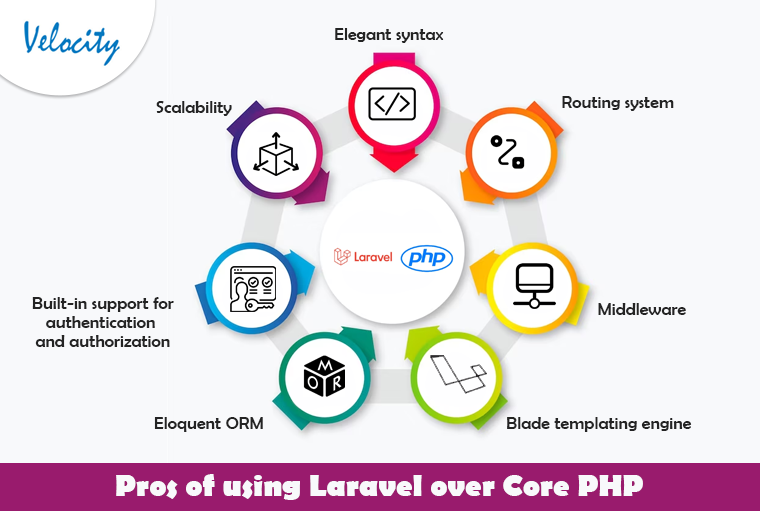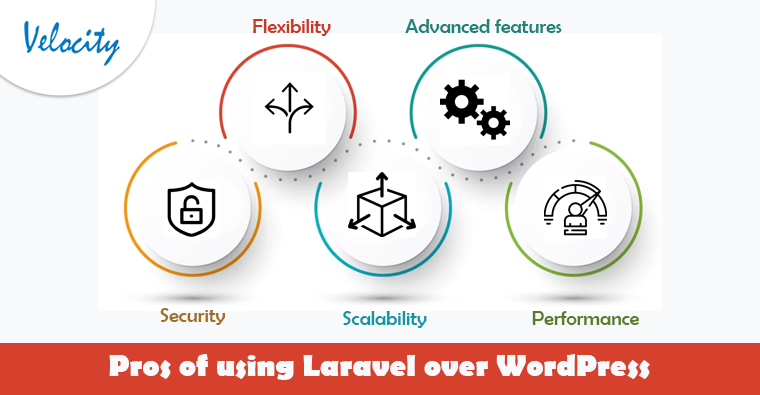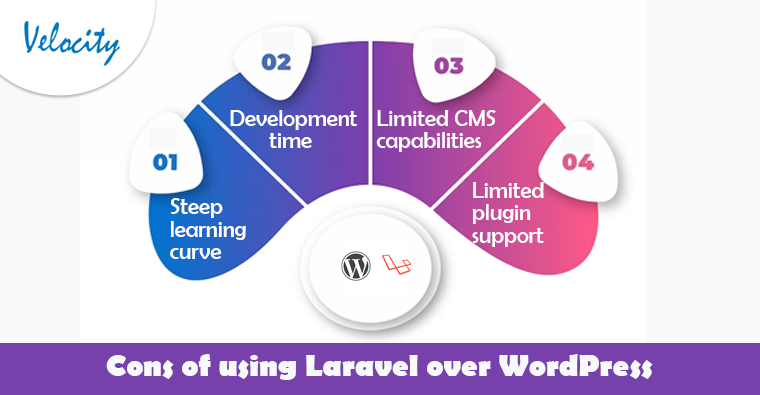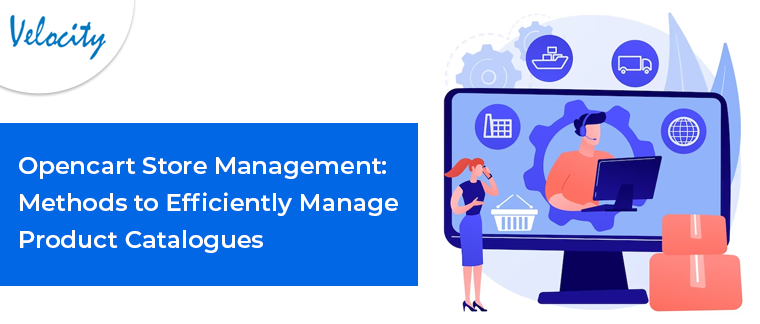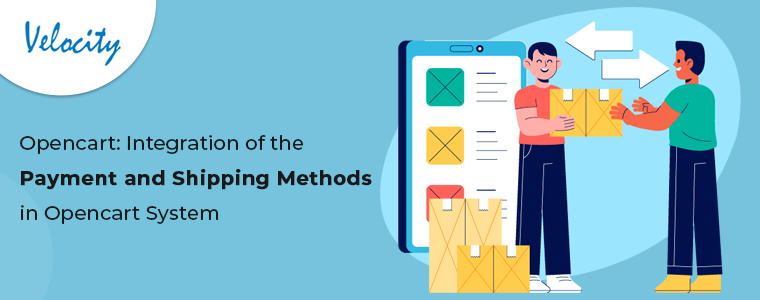When it comes to web development, there are a plethora of frameworks and platforms to choose from. However, one framework that has stood out in recent years is Laravel. Laravel is a PHP framework that has gained much popularity among developers due to its ease of use, scalability, and security. In this blog post, we will compare Laravel to other popular web development frameworks such as Core PHP, CodeIgniter, and WordPress and explain why Laravel is the clear winner.
Brief Overview of Laravel, Core PHP, CodeIgniter, and WordPress
Laravel vs. Core PHP
First, let’s take a look at Laravel. Laravel is a free, open-source PHP framework that Taylor Otwell created in 2011. It is built on PHP and follows the Model-View-Controller (MVC) architectural pattern. Laravel is known for its elegant syntax and wide range of features that make web development more efficient and enjoyable. Some critical elements of Laravel include routing, middleware, blade templating engine, eloquent ORM, and built-in support for authentication and authorization.
On the other hand, Core PHP is the basic version of PHP used to build web applications. It is a simple, lightweight, and easy-to-use programming language widely used for web development. However, compared to Laravel, Core PHP needs more advanced features than Laravel offers. For example, Laravel’s routing system allows developers to easily define routes and handle requests, whereas, in Core PHP, developers have to write code to handle requests manually. Laravel’s built-in authentication and authorization support make it more secure than Core PHP. Regarding scalability, Laravel’s eloquent ORM allows developers to interact easily with databases, whereas, in Core PHP, developers have to write raw SQL queries. Overall, Laravel is a more robust and efficient option than Core PHP.
Pros of using Laravel over Core PHP:
Elegant syntax:
Laravel’s syntax is clean, easy to understand, and makes writing code more efficient.
Routing system:
Laravel’s routing system allows developers to define routes easily and handle requests, making it more efficient than Core PHP.
Middleware:
Laravel’s middleware system allows developers to run specific code before or after a request is handled, providing an extra layer of security and control.
Blade templating engine:
Laravel’s blade templating engine allows developers to create reusable templates and layouts, making it more efficient than Core PHP.
Eloquent ORM:
Laravel’s eloquent ORM allows developers to interact with databases in an elegant, efficient way, making it more efficient than Core PHP.
Built-in Support for Authentication and Authorization:
Laravel’s built-in support for authentication and authorization makes it more secure than Core PHP.
Scalability:
Laravel is built to handle large, complex web applications, making it more scalable than Core PHP.
Cons of using Laravel over Core PHP:
Steep Learning Curve:
Laravel has a steeper learning curve than Core PHP, making it more challenging for developers new to web development.
Higher Hosting Requirements:
Laravel’s requirements for hosting are higher than Core PHP, making it more expensive to host a Laravel application.
Overhead:
Laravel has additional overhead, making it slower than Core PHP sometimes.
Dependencies:
Laravel has many dependencies, which can make it more challenging to maintain and update than Core PHP.
Overall,
Laravel is a powerful and efficient option compared to Core PHP, but it has its own limitations. Ultimately, the choice between Laravel and Core PHP will depend on your project’s specific requirements and your development team’s skill level.
Laravel vs CodeIgniter
Another popular PHP framework is CodeIgniter. CodeIgniter is another PHP framework that was created in 2006 by EllisLab. It is known for its small footprint and its easy-to-use interface. Like Laravel, CodeIgniter also follows the MVC pattern. However, compared to Laravel, CodeIgniter needs more advanced features than Laravel has. For example, CodeIgniter does not have built-in support for routing, middleware, and eloquent ORM.
Laravel is more robust than CodeIgniter’s built-in support for authentication and authorization. Regarding scalability, Laravel’s eloquent ORM allows developers to interact easily with databases, whereas, in CodeIgniter, developers have to write raw SQL queries. Overall, Laravel is a more robust and efficient option than CodeIgniter.
Pros of using Laravel over CodeIgniter:
Elegant syntax:
Laravel’s syntax is clean, and easy to understand, making writing more efficient than CodeIgniter’s.
Routing system:
Laravel’s routing system allows developers to define routes easily and handle requests, making it more efficient than CodeIgniter’s.
Middleware:
Laravel’s middleware system allows developers to run specific code before or after a request is handled, providing an extra layer of security and control than CodeIgniter.
Blade templating engine:
Laravel’s blade templating engine allows developers to create reusable templates and layouts, making it more efficient than CodeIgniter’s.
Eloquent ORM:
Laravel’s eloquent ORM allows developers to interact with databases in an elegant, efficient way, making it more efficient than CodeIgniter’s.
Built-in support for authentication and authorization:
Laravel’s built-in support for authentication and authorization makes it more secure than CodeIgniter.
Scalability:
Laravel is built to handle large, complex web applications, making it more scalable than CodeIgniter.
More active community:
Laravel has a larger, more vibrant community than CodeIgniter, which means that it is more likely to receive updates and have more resources available for developers.
Cons of using Laravel over CodeIgniter:
Steep Learning Curve:
Laravel has a steeper learning curve than CodeIgniter, making it more challenging for developers who are new to web development.
Higher Hosting Requirements:
Laravel’s requirements for hosting are higher than CodeIgniter, making it more expensive to host a Laravel application.
Overhead:
Laravel has additional overhead, making it slower than CodeIgniter in some cases.
Dependencies:
Laravel has many dependencies, which can make it more challenging to maintain and update than CodeIgniter.
Overall, Laravel is a powerful and efficient option compared to CodeIgniter, but it has its own limitations. Ultimately, the choice between Laravel and CodeIgniter will depend on the specific requirements of your project and the skill level of your development team.
Laravel vs. WordPress
Lastly, let’s compare Laravel to WordPress. WordPress is a content management system (CMS) created in 2003 by Matt Mullenweg. It is known for its easy-to-use interface and wide range of plugins and themes. However, compared to Laravel, there are better options than WordPress for web development. WordPress is designed to be a CMS and not a web development framework. WordPress’s theme and plugin system could be better for building complex web applications, and it needs more advanced features that Laravel offers. Laravel is more robust than WordPress’s built-in support for authentication and authorization. Regarding scalability, Laravel’s eloquent ORM allows developers to interact easily with databases, whereas, in WordPress, developers have to write raw SQL queries.
Pros of using Laravel over WordPress:
Flexibility:
Laravel is a full-featured PHP framework, whereas WordPress is primarily a content management system. This means that Laravel offers more flexibility in customizing your website’s functionality.
Advanced features:
Laravel provides access to advanced features such as routing, middleware, and object-relational mapping, which are not available in WordPress.
Performance:
Laravel is optimized for performance, making it faster and more efficient than WordPress, which can become slow with large amounts of data and many installed plugins.
Scalability:
Laravel is built to handle large, complex web applications, making it more scalable than WordPress, which is more suited for small to medium-sized websites.
Security:
Laravel has built-in security features such as protection against cross-site scripting (XSS) and cross-site request forgery (CSRF) attacks, which are not available in WordPress by default.
Cons of using Laravel over WordPress:
Steep learning curve:
Laravel has a steeper learning curve than WordPress, making it more challenging for developers new to web development.
Development time:
Developing a website using Laravel can take longer than WordPress, requiring more advanced coding skills.
Limited CMS capabilities:
Laravel does not have the same built-in content management capabilities as WordPress, which may require additional development work to create a functional CMS.
Limited plugin support:
Laravel has limited plugin support compared to WordPress, which has an extensive library of plugins that can be easily installed to add functionality to your website.
Overall, Laravel is a more powerful and flexible option than WordPress, but it has its own limitations. Ultimately, the choice between Laravel and WordPress will depend on your project’s specific requirements and your development team’s skill level. WordPress is a good choice if you need a simple website or blog, but if you need a more complex web application, Laravel is a better option.
Conclusion
Laravel is the clear winner compared to Core PHP, CodeIgniter, and WordPress. Laravel offers a wide range of features that make web development more efficient and enjoyable. Its elegant syntax, routing system, middleware, blade templating engine, eloquent ORM, and built-in support for authentication and authorization make it a more robust and efficient option than the other frameworks and platforms mentioned. Laravel’s scalability and security make it suitable for building complex web applications. Developers considering using Laravel for their next project will find it an excellent choice for building modern, robust, and secure web applications.

